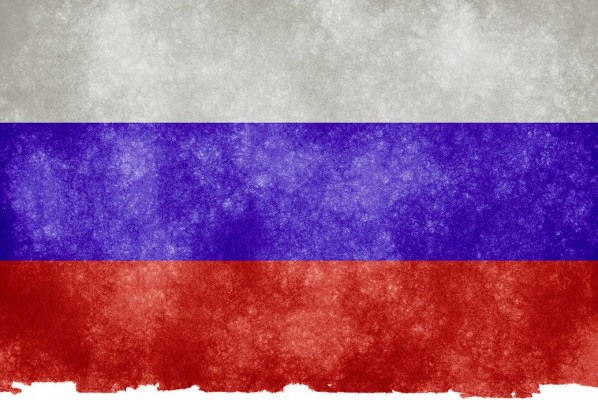You can’t be a little pregnant, and you can’t be slightly censorious. Word out of Russia is that the country is working to further denigrate free speech, this time with a proposed law that would make the use of naughty language online a punishable offense.
Ludicrous? Certainly. Outside the bounds of possibility? Not in the slightest.
TechDirt, which brought the proposed law to our attention, notes that this is not the first time that Russian politicians have tried something like this. Last year another bill that would have introduced broad Internet censorship was considered. Russian citizens pushed back heavily in that case.
This time around, here’s the current idea, as described by the Russian newspaper Pravda [Emphasis: TC]:
State Duma Deputy Yelena Mizulina intends to make further amendments to the Law “On the Protection of Children.” The chairwoman of the Committee on Family, Women and Children put forward a suggestion to punish people for using dirty language in social networks.
According to politician, [pages] of posts and messages containing swear words, will have to be blocked within 24 hours, if harmful information is not deleted. This should apply to pages on social networks, websites, and various forums.
You might think that such a broad, draconian, and almost impossible-to-enforce law would have no chance of passage. However, the current governing climate is more in favor of such a law than opposed to it. In the United Kingdom, a pervasive Internet filter is being raced to market. It was put together under the guise of protecting children from pornography, but in fact will go much further, blocking all sorts of information.
The Russian bill is being proposed on the grounds of protecting children, as well. As far as canards go, this ruse is overplayed.
Here’s how such efforts work out in practice: In the name of protecting children from what their parents might not want them to see, the state is taking on the role of guarantor of the public morality, deciding what is fit, and not fit, to read and see. Grant the government that power, and you have ended free expression and free inquiry. This is not to be allowed. Let parents raise their kids and protect them as they will. It is not good to allow the state to do an end run around individual liberty in the name of helping some other person’s kid.
A final note: The Russia bill is essentially impossible, in that to actually enact it would require hiring a massive labor force to parse the Internet as real-time censors. Therefore, it would only be enforced capriciously, making it all the more odious. Say it with me: No.
Pravda’s article on the law includes an incredible set of quotes from current Russian lawyer Sergei Smirnov:
When people express their thoughts or emotions with the use of profanity, many are offended by it. Obscene lexicon is equated to disorderly conduct, there is an appropriate article in the Code of Administrative Offences. […]
Obscene language offends both children and adults. A ban on its use is not an infringement of human rights. This is a direction towards a civilized lifestyle.
No, it isn’t, for fuck’s sake.
Top Image Credit: Nicolas Raymond
